Found 66 movies, 18 TV shows, and 20 people
Can't find what you're looking for?
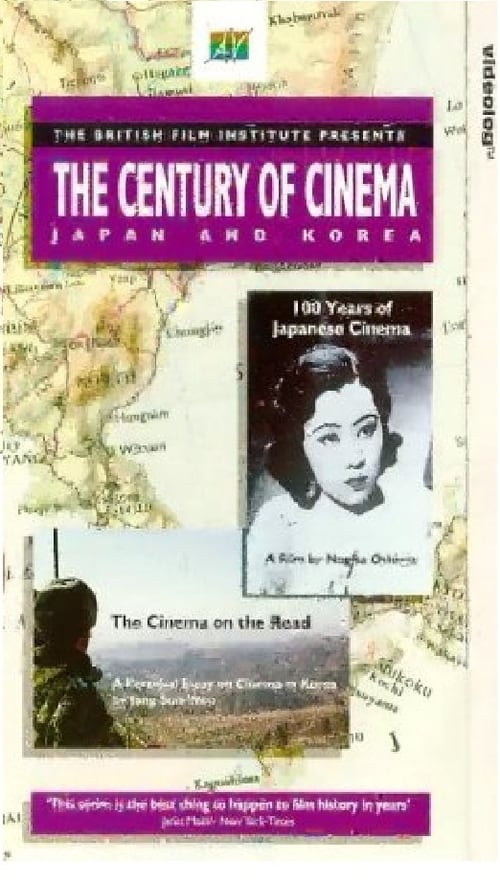
A personal consideration of the Korean cinema by director Jang Sun-Woo, looking at it’s history of outside influence and censorship.
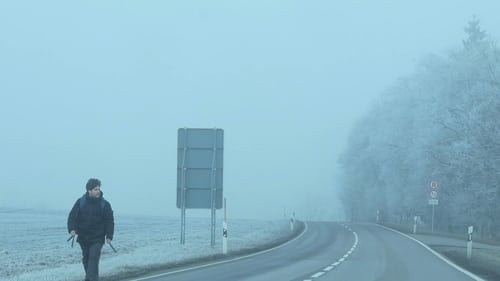
In 1974 Werner Herzog walked from Munich to Paris, an act of faith to prevent the death of his mentor Lotte Eisner. In 2020, a young filmmaker walks following Herzog´s footprints in an act of love to one of the best filmmakers of our time. A journey through villages, nature, loneliness and cold, looking for the meaning of filmmaking. Including fragments of the book "Of Walking in Ice" by legendary filmmaker Werner Herzog narrated by himself exclusively for the film.
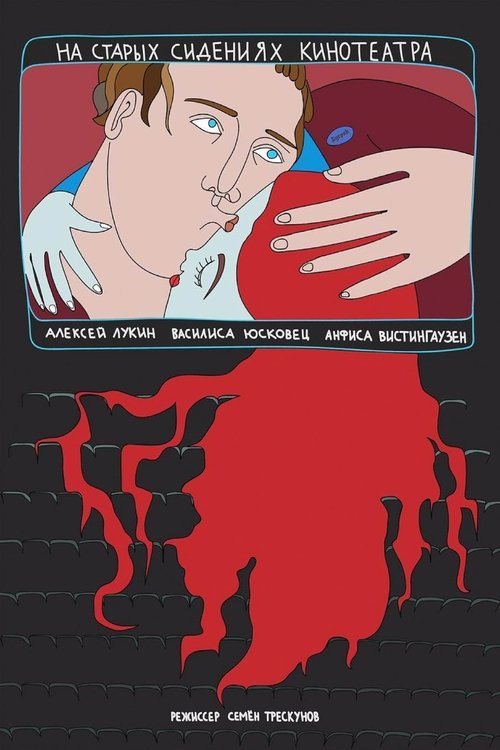
Music video from the Novosibirsk post-punk band "Buerak".
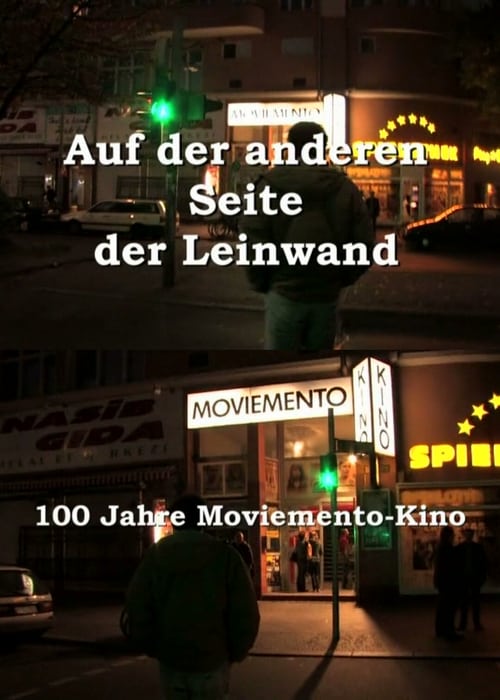
You say you’re interested in film and you’ve never been to the Moviemento? You are hereby put on cineastic probation – at least until you watch Bernd Sobolla’s documentary.

Two filmmakers reflect on the act of walking in cinema.
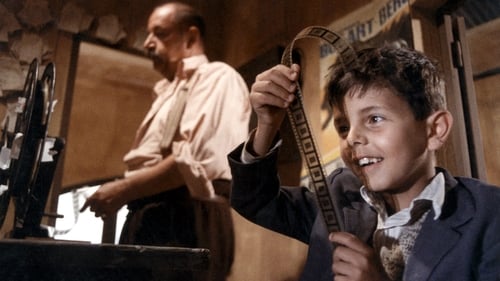
A filmmaker recalls his childhood, when he fell in love with the movies at his village's theater and formed a deep friendship with the theater's projectionist.
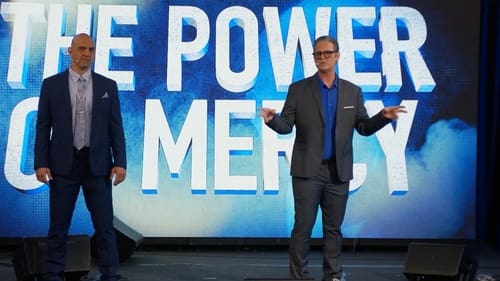
Join us Virtually Online through an exclusive LIVE STREAM AMATOCON Experience and be part of The Hei Way Keynote Address and the Closing Night AmatoCon Celebration! Due to the timing of this event, the live stream will also feature LIMITED Oscar Coverage from Movie Expert Gregg Turkington.
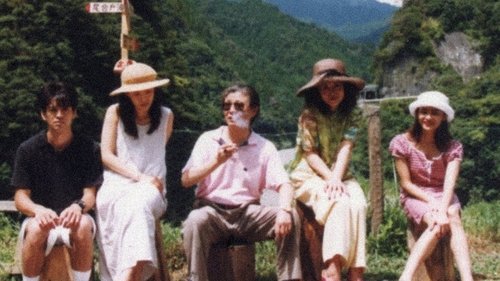
A savage look at food and sex, helms this black comedy about Japan's sizable and often beleaguered Korean-Japanese community. Motomi Hayashi (Eri Yu), a producer who is thoroughly dedicated to her career, returns to her abode to discover that her porn star sister (Ichio Matsuda) is going to make a film about her family's first reunion in 20 years. Motomi is less than thrilled with the prospect, seeing as all is not well at the Hayashi household. Motomi's father recently got canned from his longtime job at a Pachinko parlor, while her mother secretly plans to mortgage the house to finance her affair with a younger lover. Motomi grows more uneasy when she learns that the porn director in charge of the undertaking is known for mixing fact with fantasy.
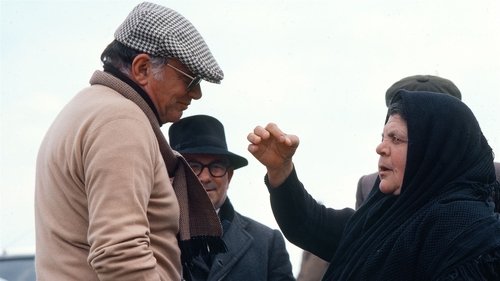
This documentary addresses the challenges facing the Italian film industry in 1978 by focusing on the television productions of Francesco Rosi's CHRIST STOPPED AT EBOLI (1979) and Elio Petri's LE MANI SPORCHE (1978)

Step into HIGHLIGHT’s extraordinary 15-year journey as they bring their anniversary concert in Seoul to theaters worldwide. Experience unforgettable performances of fan-favorites like "Plz Don’t Be Sad," "BODY," "Bad Girl," "Shock," and "Fiction," all woven into a narrative that captures their past, present, and future. Relive the electrifying atmosphere, join the sea of LIGHTs and B2UTYs, and hear heartfelt stories shared by the members for the first time—bigger, bolder, and more vivid than ever before. 15 years of brilliance, and a new chapter ready to shine!
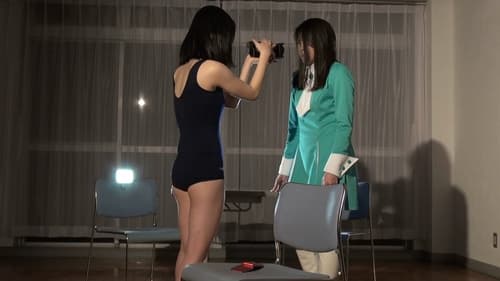
Yoshie is a member of the theatre club in high school. Due to her older sister Keiko, Yoshie begins acting in a indie film with her friend Akari and theatre club president Aki. Their sadistic director Naomi pushes them psychologically and their relationship begins to change.
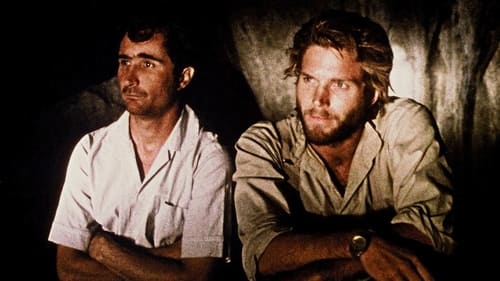
1942, in the middle of Northeastern Brazil, two very different men meet along the road: Johan, an aspirin salesman avoiding the German draft, and Ranulpho, a rural Brazilian seeking escape from the drought.
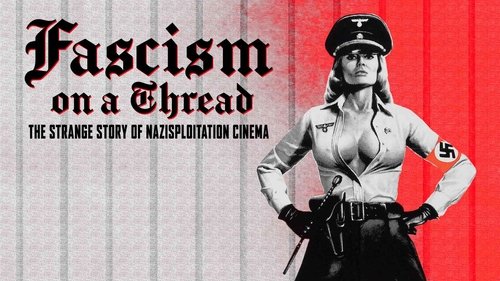
Feature length documentary on the cult sub-genre featuring interviews with Dyanne ‘Ilsa’ Thorne, Malissa ‘Elsa’ Longo, filmmakers Sergio Garrone, Mariano Caiano, Rino Di Silvestro, Liliana Cavani, Bruno Mattei, and many more.
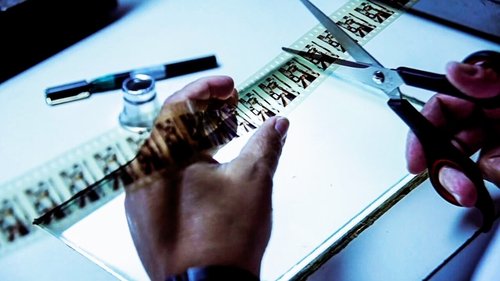
An abandoned tumbledown theater in the outback of Paraíba state is the initial setting of a film about cinema, which explores the testimonials of the novelist and playwright Ariano Suassuna and other filmmakers such as Ruy Guerra, Julio Bressane, Ken Loach, Andrzej Wajda, Karim Ainouz, José Padilha, Hector Babenco, Vilmos Zsigmond, Béla Tarr, Gus Van Sant and Jia Zhangke. They all respond to two basic questions: why do they make movies and why do they serve the seventh art. The filmmakers share their thoughts about time, narrative, rhythm, light, movement, the meaning of tragedy, the audience‘s desires and the boundaries with other forms of art.
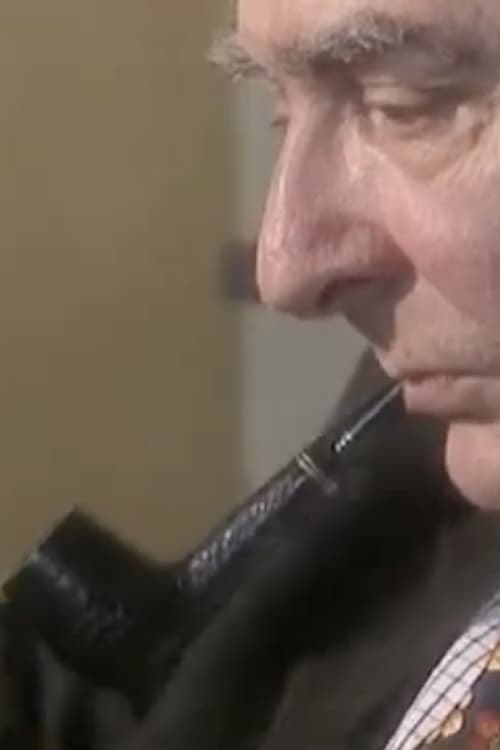
Legendary French film director and Nouvelle Vague co-founder Claude Chabrol takes us back to the mid-fifties, when he and then-fellow film critic François Truffaut met and interviewed Alfred Hitchcock under hilarious circumstances. Chabrol then describes how he went on to write, with Eric Rohmer, the first book on Hitchcock, and even served as a consultant when Hitch came to Paris to direct his film TOPAZ. Several key scenes from Hitchcock movies, with a special emphasis on UNDER CAPRICORN, are discussed and dissected.

Zhou Heung Kong (Anthony Wong) runs the film projector in a Hong Kong cinema and staunchly embraces a left-wing viewpoint. Dedicated to his work, he screens movies over the course of decades, while also witnessing turbulent events of the times, including riots and other indicators of social change.

Sun-mi works at a reception desk of a public institution in Daegu, Korea. Nothing happens to her, and she has the same lunch every day. One day, a message is sent to her. This little incident in her ordinary life stimulates her curiosity. Saturday morning, a film director Ga-young participates into a Q&A section of her new movie entitled The Murder at Cinema. Eun-jung, a foreman in a production line, tries to find Min-cheol who disappeared with the book of accounts. She meets his acquaintances to ask where they saw him, and finally she heads to the cinema where she heard that he often visits.
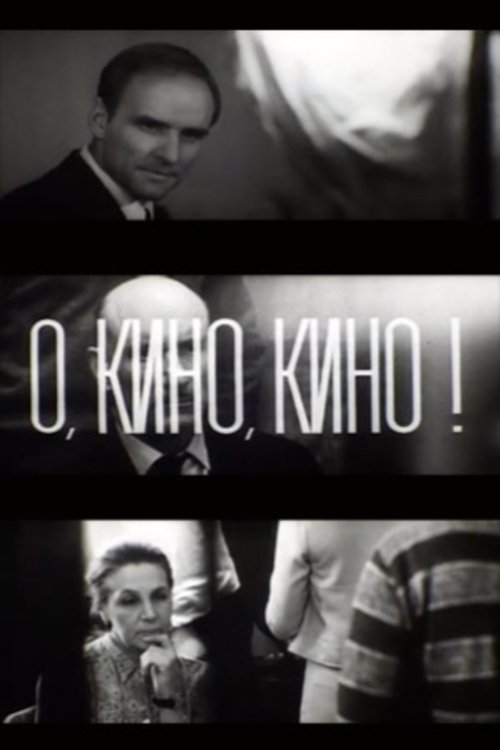
A report from the set of the movie "To Love a Man" directed by S. A. Gerasimov.
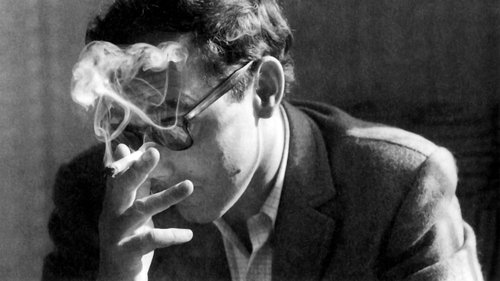
Jean-Luc Godard is synonymous with cinema. With the release of Breathless in 1960, he established himself overnight as a cinematic rebel and symbol for the era's progressive and anti-war youth. Sixty-two years and 140 films later, Godard is among the most renowned artists of all time, taught in every film school yet still shrouded in mystery. One of the founders of the French New Wave, political agitator, revolutionary misanthrope, film theorist and critic, the list of his descriptors goes on and on. Godard Cinema offers an opportunity for film lovers to look back at his career and the subjects and themes that obsessed him, while paying tribute to the ineffable essence of the most revered French director of all time.
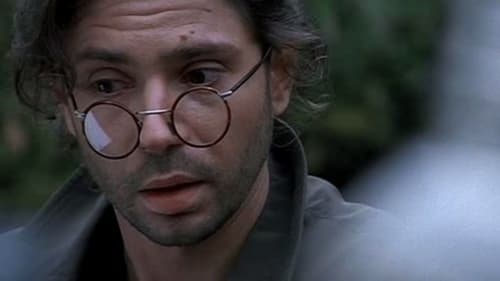
The young director tries to make a movie, following the script of the venerable playwright as much as possible.

An unprecedented and intimate look at the life, work and enduring legacy of British actress Audrey Hepburn (1929-1993).
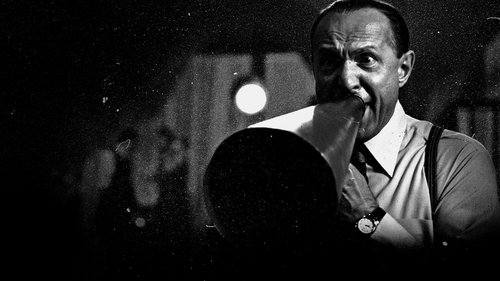
Hollywood, 1942. The US government pressures Hungarian-born film director Michael Curtiz, who is about to finish shooting Casablanca, to accentuate the film's propaganda message in order to sway public opinion in favor of the country's intervention in the European war.
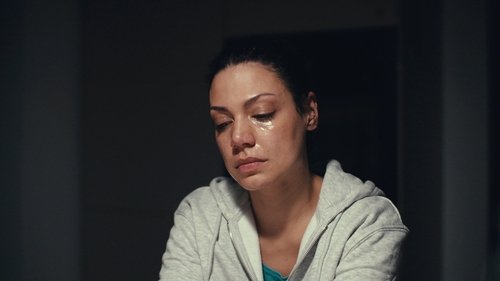
Director Joseph is working through a new idea for a film and the breakup with his ex-boyfriend Marc. At the same time Sonya, the mother of his son Pino, is suffering from a depression that increasingly tears her from her life.
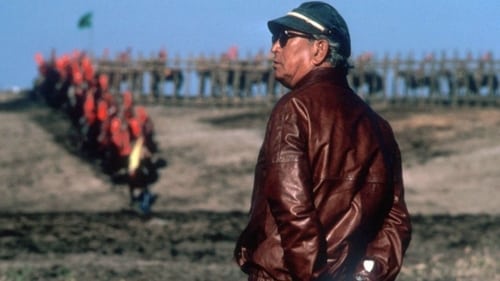
An intimate chronicle of the shooting of Ran (1985), a film directed by the legendary Japanese filmmaker Akira Kurosawa.

London, 1956. Genius actor and film director Laurence Olivier is about to begin the shooting of his upcoming movie, premiered in 1957 as The Prince and the Showgirl, starring Marilyn Monroe. Young Colin Clark, who dreams on having a career in movie business, manages to get a job on the set as third assistant director.
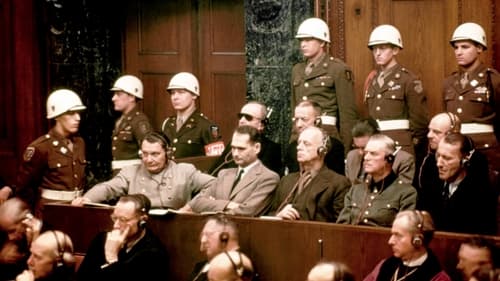
In 1945, two young American soldiers, brothers Budd and Stuart Schulberg, are commissioned to collect filmed and recorded evidence of the horrors committed by the infamous Third Reich in order to prove Nazi war crimes during the Nuremberg trials (1945-46). The story of the making of Nuremberg: Its Lesson for Today, a paramount historic documentary, released in 1948.
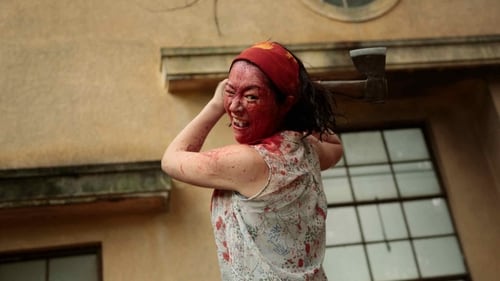
Real zombies arrive and terrorize the crew of a zombie film being shot in an abandoned warehouse, said to be the site of military experiments on humans.

At a pivotal moment for gender equality in Hollywood, successful women directors talk about their art, lives and careers.
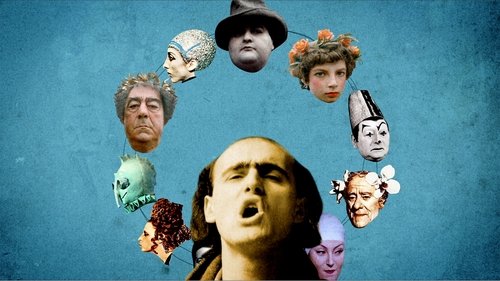
Ferruccio Castronuovo was the only authorized eye, between 1976 and 1986, to film the brilliant Italian filmmaker Federico Fellini (1920-1993) in his personal and creative intimacy, to capture the gears of his great circus, his fantastic lies and his crazy inventions.
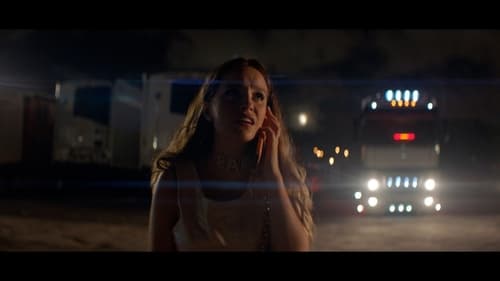
No description available for this movie.
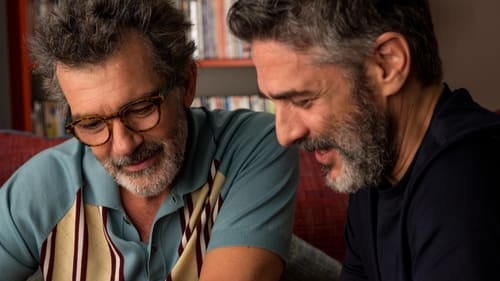
Salvador Mallo, a filmmaker in the twilight of his career, remembers his life: his mother, his lovers, the actors he worked with. The sixties in a small village in Valencia, the eighties in Madrid, the present, when he feels an immeasurable emptiness, facing his mortality, the incapability of continuing filming, the impossibility of separating creation from his own life. The need of narrating his past can be his salvation.
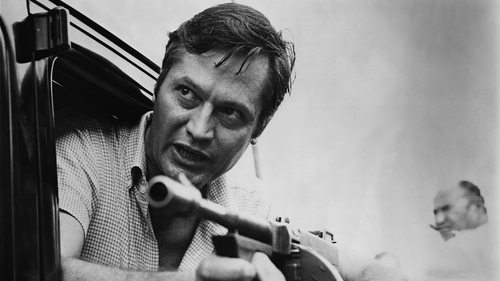
A chronicle of the long career of American filmmaker Roger Corman, the most tenacious and ingenious low-budget producer and director in the US film industry, a pioneer of independent filmmaking and discoverer of new talent.
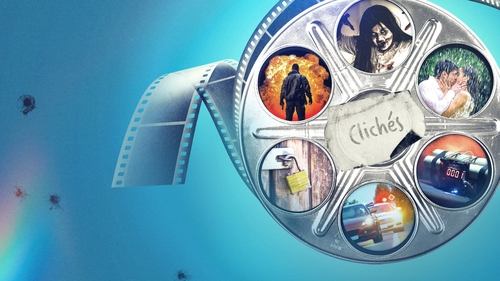
One-man armies, meet-cutes, casual strolls away from huge explosions — stars and industry insiders toast and roast these cinematic chestnuts and more.

Some doctors say he won't last another day but still he keeps making films. Sluizer Speaks tells the story of George Sluizer, director of such films as The Vanishing and Dark Blood who fully dedicated his life to cinema. Where did his passion for film lead him?
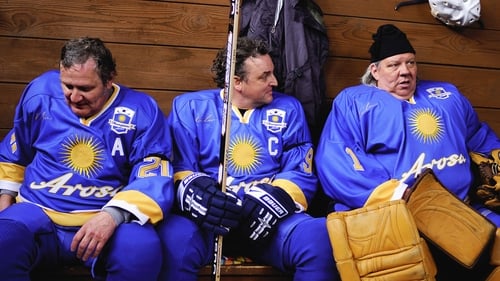
Gigi Poltera's best days are behind him – just like "his" EHC Arosa. While the hockey club is facing bankruptcy and forced relegation, the soon-to-be 50-year-old is working his way through the valley as a postman. Twenty years ago, he was one of the stars in Schanfigg – as part of the championship team of the local skating club. The stars of yesteryear are now called upon to fill the gaps in the team. Gigi's friend Sturzi decides to make a comeback and persuades his former teammates, who have put on weight, such as the village priest, to join him. Gigi also digs out his skates in the hope of winning back his ex-wife Jenny and impressing his son, who is considered a talented goalie.
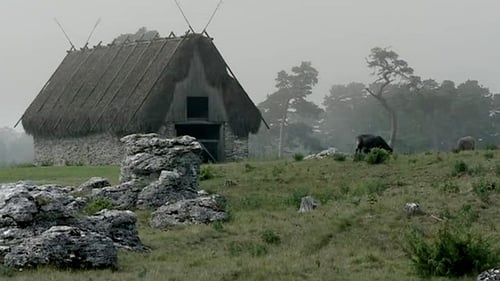
The desolate and mysterious island of Fårö, Sweden, Baltic Sea, 2004. Swedish master filmmaker Ingmar Bergman (1918-2007) looks back on his personal and artistic life; a journey through more than sixty years devoted to film, plays and television programs. (An abridged version of Ingmar Bergman Complete, 2004; a collection of three thematic documentaries: Bergman and Film; Bergman and Theater; and Bergman and Fårö Island.)
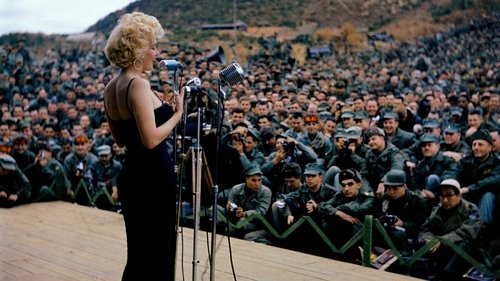
A memory of Marilyn Monroe (1926-1962), woman, actress, goddess, myth, in the words of the Spanish director and scriptwriter José Luis Garci, who returns to his childhood and recovers a lost paradise.

The story of three men with a shared dream: James Bond franchise producers Albert R. Broccoli and Harry Saltzman, and Bond creator and author Ian Fleming. It’s the thrilling and inspiring narrative behind the longest running film franchise in cinema history, which began in 1962.
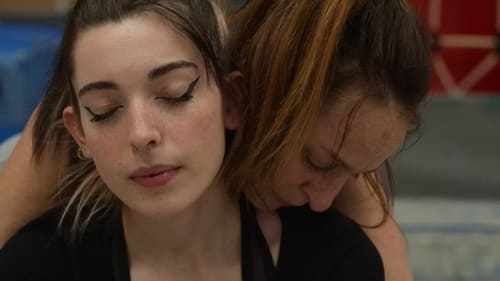
The daily life of Petra, Virginie, and Estelle, three stuntwomen, from the dangerous film sets, where they face all kinds of deadly dangers, to the safety of their homes.
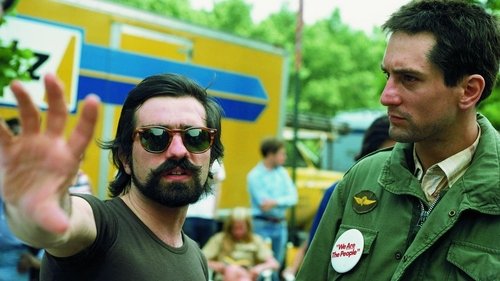
The chronicle of the mind-blowing journey that was Hollywood during the seventies; the true and gripping story of the last golden age of American cinema, an exalted celebration of creativity and experimentation; but also of sex, drugs and rock 'n' roll: a turbulent and dark tale of ambition, envy, betrayal, hatred and self-destruction.
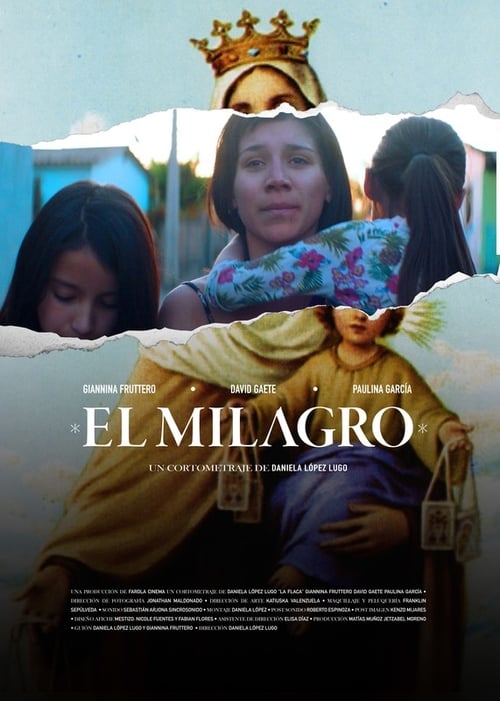
La Flaca is a young woman who lives with her two daughters in the house of the religious family of her partner David. As she thinks David is hiding a secret from her, she decides to confront him.
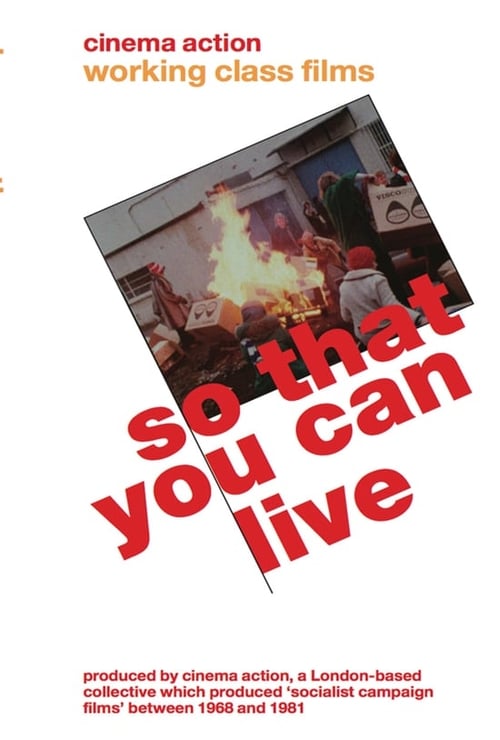
Documentary examining what it means to live in South Wales, made in collaboration with and focusing on the lives of the Butts family. Explores the effects of complex historical forces on industry, family, work, education and learning.
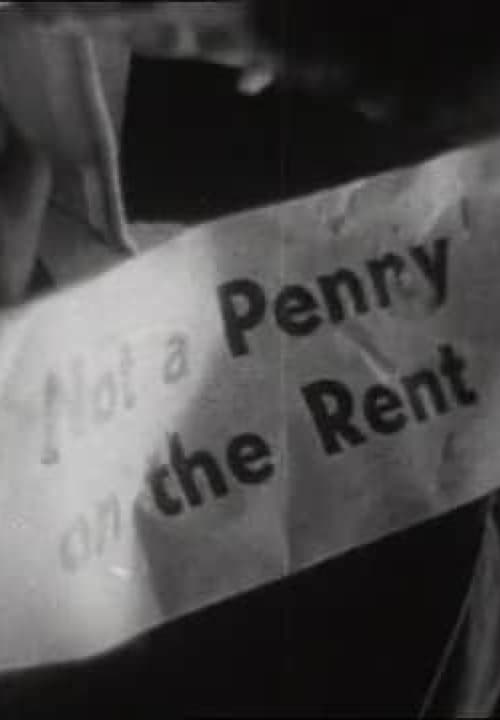
A campaign film against GLC attempts to raise council rents. Includes: footage of tenants’ demonstrations; tenants’ meetings at which report-backs are given on the proportion of tenants in various areas withholding rents in protest; burning effigy of Horace Cutler, Tory leader of GLC; T&GWU support for tenants’ demonstration, under pressure from membership (porters).
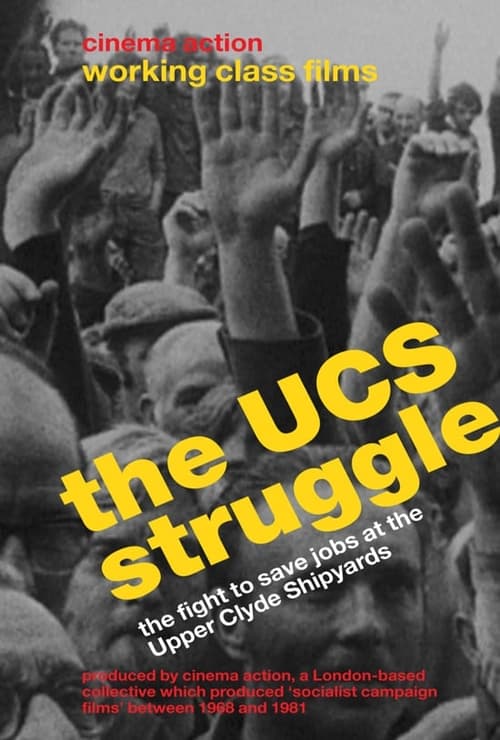
The UCS struggle is a campaign film supporting the fight to retain their jobs by the workers at Upper Clyde Shipyards who developed a new weapon for waging this fight – the occupation and the work-in. The film was screened at the time at meetings attended overall by 25,000 workers. It includes a speech by Jimmy Reid.

No description available for this movie.

Captain Buchholz has been studying soil hardness, earth's gravitational pull, and the consistency of tree trunks and root systems for years. Since 1962, he has been weighing the earth and collecting samples. And he has noticed that the weight changes from year to year. The earth is becoming lighter and the soil looser. Stones that Buchholz throws to the ground take longer to land than they used to. Flying insects are no longer able to be held on the ground by the gravitational pull of the earth. He sets off and secures trees.

Admittedly, a cinema seat is more uncomfortable than a bar stool. In a row of cinema seats, a viewer sits with their back to the camera and waits for the film to start. They turn around, see the viewer, and start telling a story...

A chair on which a person wearing asbestos cloth has taken a seat is set on fire and then extinguished by firefighters standing by. At the same time, a film that ironically refers to filmmaking.
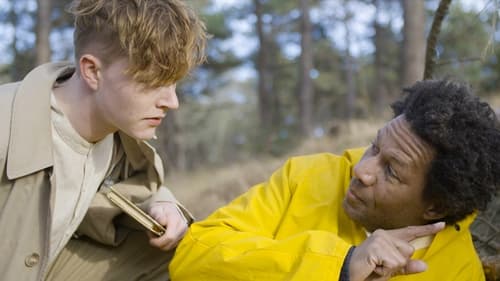
In search of inspiration, a young poet finds himself alone in his room. Waiting for a new day to arrive. He meets an experienced fisherman who brings him on a quest through nature, to find beauty and guidance in their surroundings.
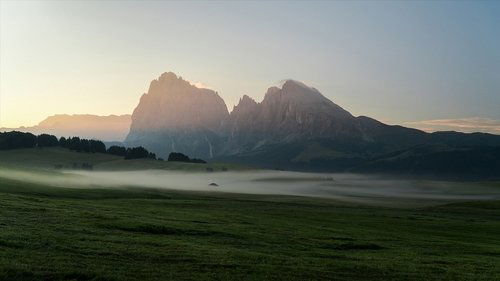
Mountains seem to answer an increasing need in the West. More and more people are discovering a desire for them. Following two different people living in the Italian Dolomites, this documentary explores what it means to live with nature.
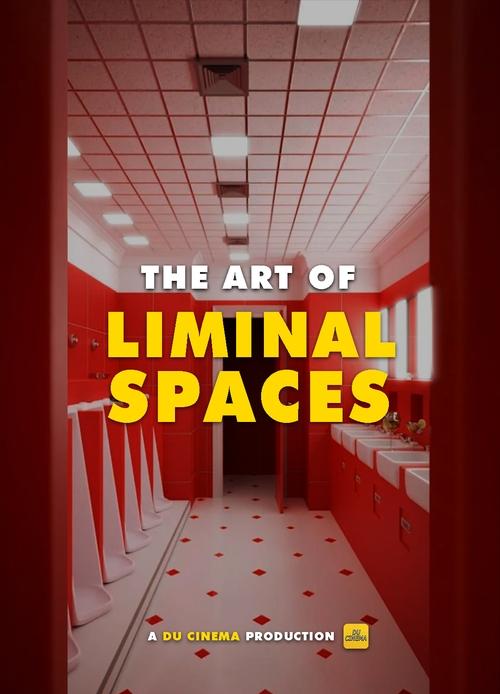
Liminal Spaces are the subject of a modern internet aesthetic portraying empty or abandoned places that appear eerie, forlorn, and often surreal. Directors such as Stanley Kubrick, Andrei Tarkovsky and David Lynch had mastered the art of liminal spaces, long before it became an internet aesthetic. This documentary aims to explore and demystify the strangely familiar world of liminal spaces.

A number of villagers want to go to the city hospital to visit the alderman but some events impede them to get there.
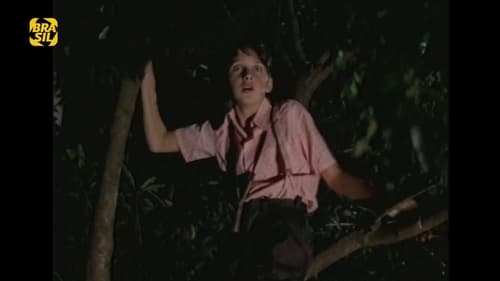
In a small town, three men meet after 15 years for a wedding and, instead of attending the ceremony, they go to a bar and start remembering the past, along with their sexual adventures.
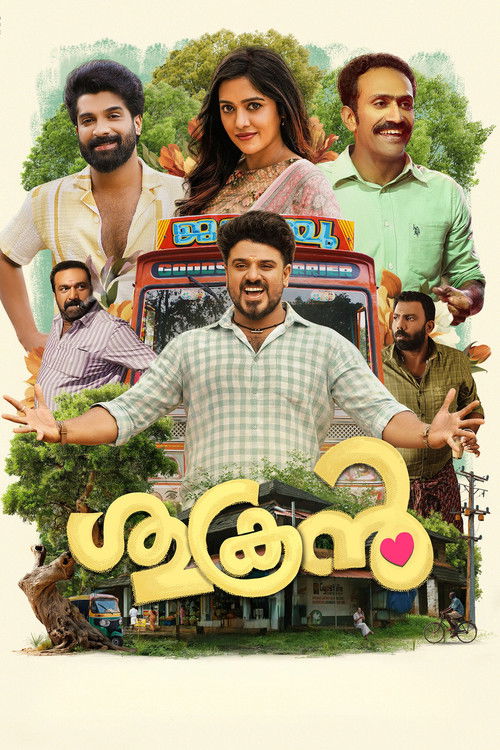
A man's daily life crumbles from money troubles and stress. With fewer options, he must act now to survive. Every choice has a price.

No description available for this movie.
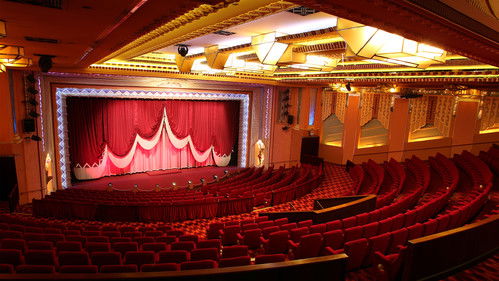
Hayden Orpheum, The Ritz, Hoyts, Dendy Newtown, Palace, Golden Age, Events and Imax all prepare for the all out war that is…The Cinema Wars

Revolves around two married couples entangled in a complex web where trust is eroded, shocking betrayals are revealed and lives spiral into an intricate web of intrigue.
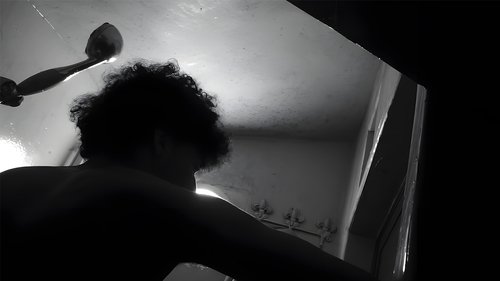
Two siblings, at different stage of their life. One’s living is less vibrant than other.
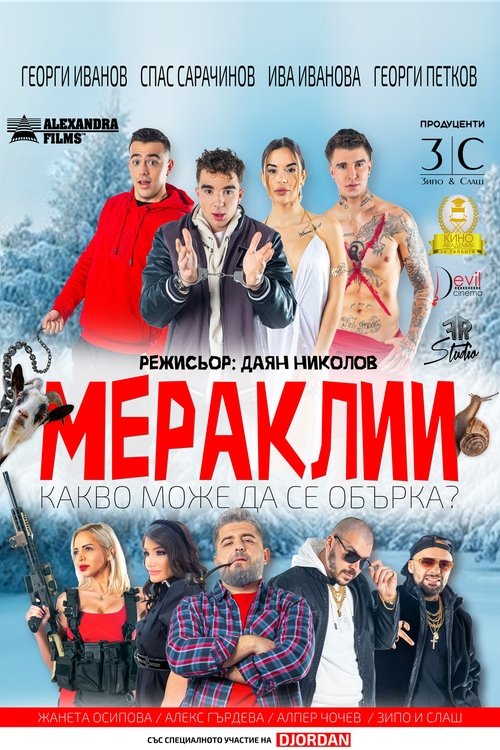
No description available for this movie.

Fragments from Brussels, about the flow of the city, A cinema, A body, A film, and a wind that blows through the town. The film is a Schizomentry experience that blends real stories and fiction. After all, where is the border?
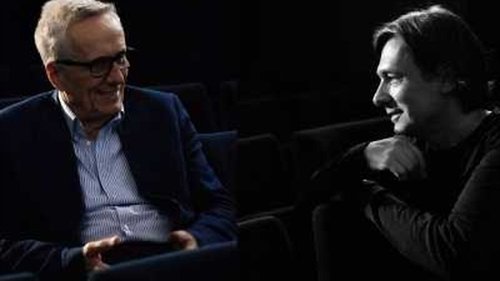
A deep dive into Glauber Rocha's years exiled in Italy in the 70s. Through a collection of interviews and archives, the movie shows the making of his film Claro (1975) and his relation with European auteurs in their filmic and political views.
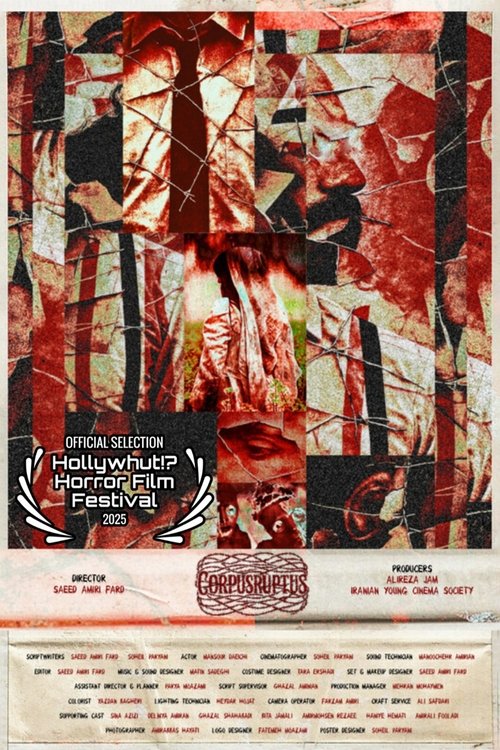
A horror short film.
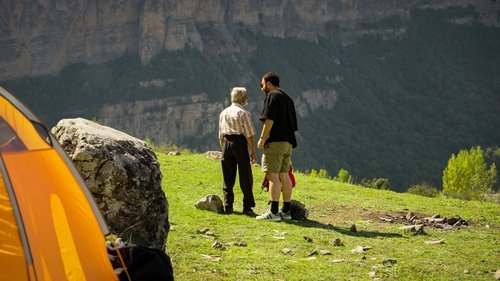
“A minor accident sets two men on a collision course, where justice leads to temptation and moral peril.”

Keyvan Eftekhari, a former theater actor, is a serial killer who uses his acting power to attract his victims, now we see his third murder.

Kirby, a returning OFW who missed his mother’s burial, finds solace when an animated paper cut-out of her appears to help him navigate his grief and pack the “baggages” of their family.
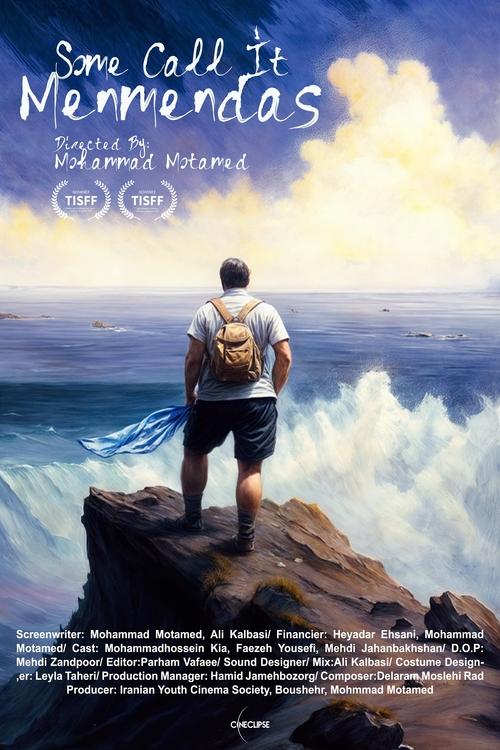
A clumsy hitchhiker, a mysterious driver, and a series of grisly murders intertwine in this atmospheric journey along a coastal road. A clumsy young man sets out on the road at midnight to unblock his chakras and reach the beach, unaware that many men have been murdered on this road, and some of these murders are attributed to mythical creatures.